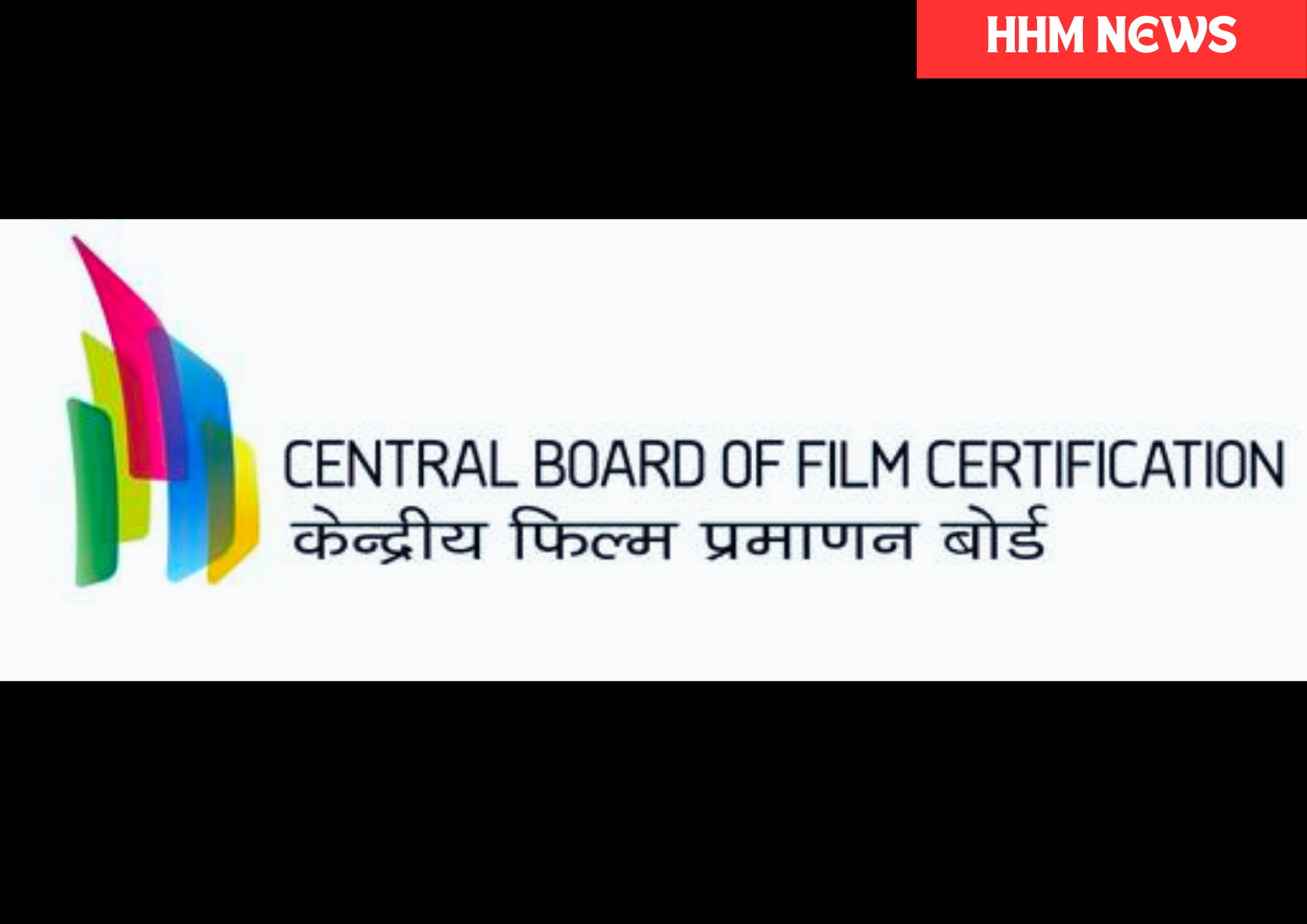The Ministry of Information and Broadcasting has drafted some extensive revisions to the cinematograph rules in an attempt to modernize the nation’s film certification procedure. The new set of rules will be announced in a few weeks.
The Central Board of Film Certification (CBFC) or Censor Board will have a higher proportion of female members, the full application process will be conducted online, and the parental guidance certificate will be further divided into three age groups under the new regulations.
The certification categories labelled “U” (unrestricted public exhibition), “A” (restricted to adults), and “S” (limited for specialized viewing) have not changed; however, the certificates will now display the new age-based indicators inside the “UA” category.
The CBFC, for example, will categorize movies as “UA 7+,” “UA 13+,” and “UA 16+.” These classifications indicate the age range below which viewing the film without parental supervision is not advised.
The previous regulations (1983) stated that “the Central government may take such steps as it thinks fit to appoint women members in the Board so that there is due representation for women.” The current rules, however, specify a minimum of one-third, but ideally half, of the board’s members must be women.
The 2024 regulations stipulate that one-third of the Board’s members must be women, preferably half. The Central Government may take any action it deems appropriate to nominate women to the Board in order to ensure that women are fairly represented.
The Draft Cinematograph (Certification) Rules, 2024 are open for feedback and comments through March 1, 2024, at which point the rules will fully take effect. According to officials, this complies with the terms of the Cinematograph (Amendment) Act, 2023, which was made known last year.
Notably, in the aftermath of intermediaries bribery claims, the function of third parties in the certification process has been entirely removed. According to the draft guidelines, applications can only be submitted online. The announcement reads, “Any application to certify a film for public exhibition must be submitted through the Board’s online portal, which is now known as the e-cinepramaan portal.”
In accordance with the previous regulations, “a written application to certify a film for public exhibition had to be made,” submitted to the Board and given to the relevant regional officer.
Vishal, a Tamil actor-producer, accused the CBFC Mumbai office of corruption in September of last year, alleging that a bribe was requested in order to obtain certification. Following the uproar, the Censor Board declared in a statement that it would “zero tolerance for corruption” and that it will take the necessary actions to resolve the matter. In order to speed up the process, the I&B Ministry also authorized a CBI investigation into the matter, which suggests the involvement of “agents” or “middlemen” looking to pay filmmakers.

Notably, and to the relief of filmmakers, the new regulations also provide that a certificate issued by the CBFC will never expire. Currently, a film has to get recertified every ten years to maintain its certification.
Currently, movies with an A certificate cannot be shown on television, as Minister of Information and Broadcasting Anurag Thakur recently stated in the Lok Sabha. According to the draft regulations for 2024, the e-cinepramaan portal is also where applications to recertify or modify a movie’s classification for television or other media that isn’t the original certified medium can be made.
However, the board may require the applicant to make certain changes or deletions to the film in order to re-certify it.
The Cinematograph (Amendment) Act, 2023 was notified on August 4, 2023, following its passing by both Houses of Parliament and the President’s subsequent assent.
Currently, the Cinematograph (Certification) Rules, 1983 are used by the CBFC to certify films for screening; however, the new Cinematograph (Certification) Rules, 2024 seek to replace them.
Accessibility Standards in the Public Exhibition of Feature Films in Cinema Theatres for Persons with Hearing and Visual Impairment were released by the Ministry last month, and those who are affected will also be informed in the upcoming weeks. These regulations are relevant to feature films that have received CBFC certification for commercial public display in cinemas.
By-HHM
